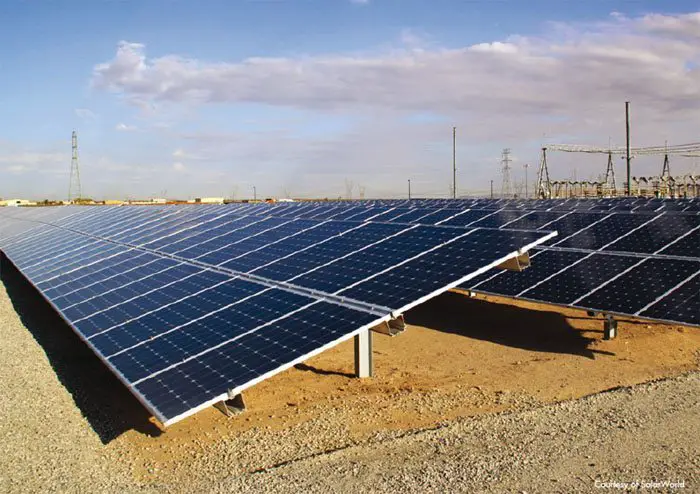During a discussion on energy development in West Africa, experts discussed possible options for the region’s future energy mix. According to a report by the World Bank, more than 600 million people, do not have access to electricity on the African continent.
Nuclear is one of the only power sources that is capable of ticking all three boxes and balance any energy mix. “In order to combat the current energy challenge faced by West African countries, the region needs access to affordable and clean baseload power,” he continued.
Polikarpov highlighted that outside of South Africa, Sub-Saharan Africa only generates 28 GW of power. This has had a severe economic impact on business development in the region.
The World Bank estimates that power outages reduce the GDP growth of Sub-Saharan countries by 2.1 per cent per year.As mentioned by Polikarpov, less than 50 per cent of households in Nigeria have access to electricity, on top of this, businesses in the country continue to struggle to gain access to the grid.
“The country is spending huge sums of money every year to run off-grid diesel generators, which negatively affect environment.

Leave a Reply